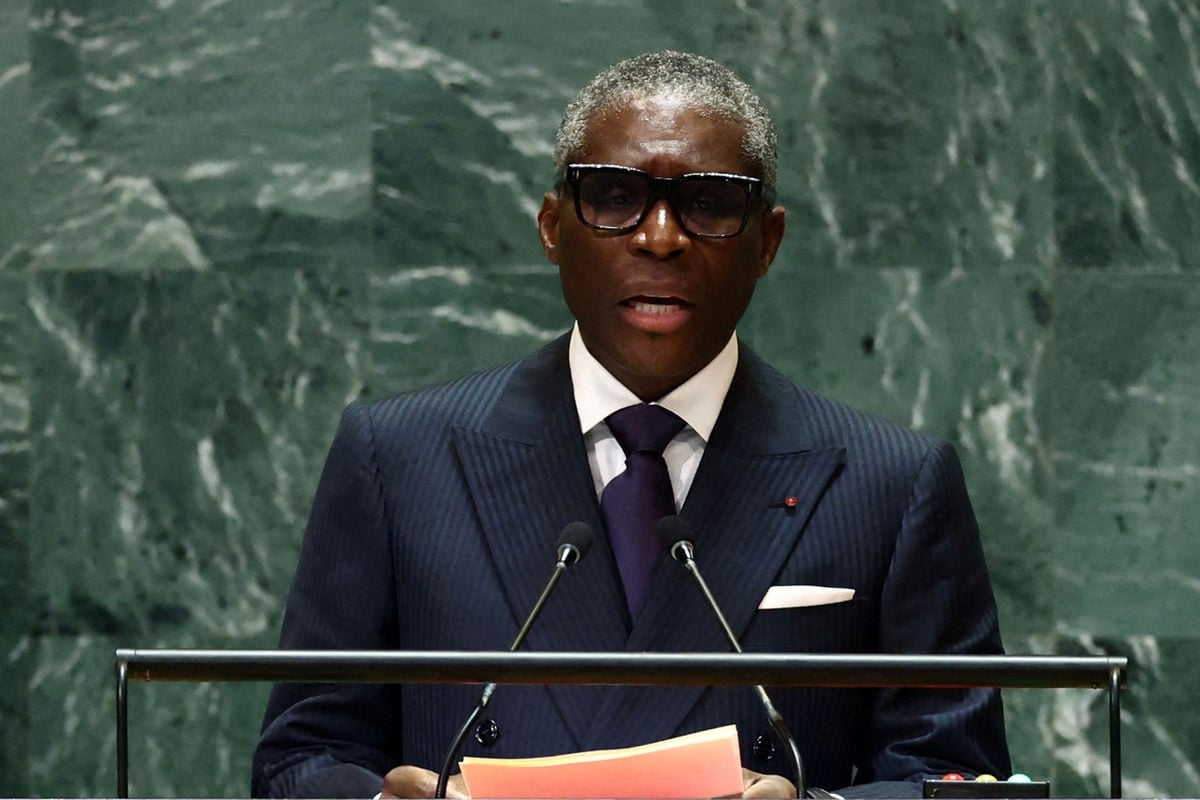Prime
Armed Congolese raid Uganda, abduct 16 fishermen

What you need to know:
- About four armed men put the fishermen at gunpoint and ordered them to surrender their fishing gear and other material possessions.
Armed gunmen suspected to be from the Democratic Republic of Congo have invaded fishing communities on Lake Albert in Western Uganda district of Hoima, abducting at least 16 fishermen.
The invasion took place on Sunday at Kaiso landing site of Mbegu parish, Kabaale Sub County, Hoima district.
The militiamen also allegedly robbed four fishing boats, four boat engines and several sets of fishing nets from the fishermen.
Kaiso landing site Chairperson, Mr Fred Mujuni said that about four armed men put the fishermen at gunpoint and ordered them to surrender their fishing gear and other material possessions. They would later cross with their prey to DRC.
The Albertine Regional Police spokesperson, Mr Julius Hakiza said security forces are on ground to rescue the Ugandan citizens.
‘‘It was too late for the police to pursue the suspected militiamen at the time security teams were alerted. Efforts are ongoing to engage the Congolese authorities to have the abducted Ugandans freed,’’ Hakiiza said.
Hakiza identified some of the Ugandan fishermen whose boats have been robbed by the militiamen as Mr Richard Okethwengu, Mr Philemon Kazingufu and Mr Asaba Sirius, all residents of Kaiso landing site. He said it is not yet clear in which parts of DR Congo, the abducted fishermen are being held.
Hoima District chairman, Mr Kadiri Kirungi said the matter of continuous attacks against Uganda’s fishing community by armed Congolese militias was recently tabled before the president of Uganda who called for a stakeholder meeting that sat in Hoima on Monday and both sides (Uganda and DR Congo) accused each other of fishing beyond designated territorial boundaries.
Mr Kirungi told Daily Monitor that he was optimistic about security in the Albertine region after a ‘successful meeting’ at TIK hotel.
“We had a deep discussion on matters of cross-border trade conflicts. The disturbing thing is that our people are being attacked by Congolese. Congo accepted that it has some challenges with her errant soldiers and bandits. I believe the meeting will bring this matter to an end,’’ Kadiri added.
Past attacks
There have been rampant attacks against Ugandan fishing communities on Lake Albert since 2018.
In October 2020, suspected armed Congolese militiamen raided Lake Albert where they abducted 16 fishermen, robbed 20 boat engines and 20 fishing boats. The incident happened near Kaiso and Kijangi landing sites in Buseruka sub-county in Hoima district and Sebigoro landing site in Kabwoya sub-county, Kikuube district.
In April 2020, two suspected Congolese militiamen were gunned down on Lake Albert in Hoima district in a fire exchange between the militia and the UPDF soldiers. The two, later identified as Ozelle Opio, 25, and another, only identified as Singa were part of the group that invaded the landing site near Kaiso in Buseruka sub-county where they put several Ugandan fishermen at gunpoint, ordering them to surrender their fishing gear including boats, fishing nets, engines, and hooks.
Cause
According to the International Alert, a peace building organization- climate change and population increase are adding pressure to fisheries resources in trans-boundary lakes shared by Uganda and DR Congo thereby intensifying intra-and inter-community conflicts in the already fragile region.




